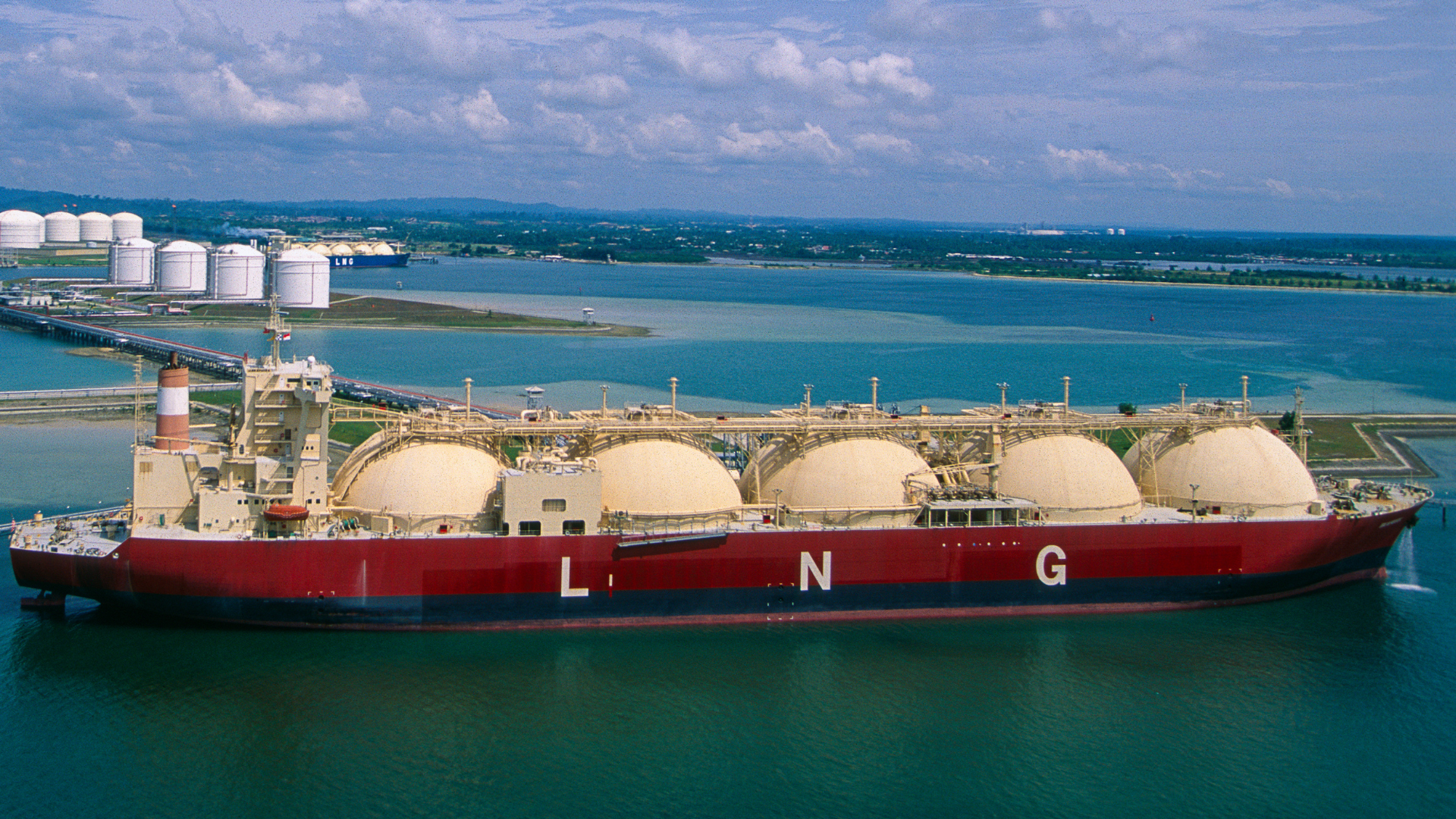New Report Analyzes Lifecycle GHG Emissions of U.S. LNG Exports


Washington, D.C., July 30, 2024 – Natural Allies for a Clean Energy Future (NACEF) and the Partnership to Address Global Emissions (PAGE) today released a comprehensive study on the lifecycle of greenhouse gas emissions (GHG) from U.S. liquefied natural gas (LNG) exports and how they compare to alternative fuels. The Study, commissioned by NACEF and PAGE, and conducted by ICF, “Lifecycle GHG Emissions of U.S. LNG Exports: Concepts, Methodologies, Data and Results,” shows that U.S. LNG exports are likely to have represented a net reduction in the world’s GHG emissions compared to the mix of alternative fuels (primarily coal and oil) that would have likely substituted for the LNG exports had they hypothetically not existed in 2022.
The purpose of the Study is to provide a detailed explanation of how lifecycle analyses (LCAs) of GHG emissions for U.S. exports of LNG are estimated and how those estimated emissions compared with the LCA GHG emissions of alternative fuels such as coal and petroleum products in 2022. The Study presents a Base Case analysis using transparent, well-documented and consistent data and methods and, where uncertainties exist for important parameters used to make these estimates, provides sensitivity analyses. Additionally, the Study compares its results to other studies, including one by Robert Howarth cited in media reports as the basis for the Biden Administration’s “LNG pause,” and identifies how the application of assumptions, such as methane leak rates and the global warming potent (GWP) factor, can have major impacts on the results.
The key results of the Study can be summarized as follows:
- U.S. LNG exports were likely to have had a lower lifecycle of GHG emissions when compared to using coal alone, fuel oil alone or the expected mix of alternative fuels in 2022 (summed across all countries importing U.S. LNG) that would most likely replace imported U.S. LNG.
- Under this Study’s base case assumptions, shifting from U.S. LNG to coal increases GHG emissions by 47.7% to 85.9%. Shifting U.S. LNG to fuel oil increases emissions by 24.8% to 41.8%.
- Without U.S. LNG exported abroad, that energy would be replaced with 54% coal, 34% fuel oil, 16% domestic gas, and 8% renewable sources. The total increase in world GHG emissions in the absence of U.S. LNG in 2022 would have been 112 million metric tons.
- The majority of other studies reviewed here show similar results to this Study when comparing LNG with coal and fuel oil in power-plant or industrial applications.
- The Study relied on U.S. EPA GHG Inventory and the GREET factors designated by Congress in the Inflation Reduction Act. Other studies showing U.S. LNG as having more LCA emissions than coal have relied on different source materials and applied different methodologies and assumptions.
An important caveat is that the Study determined the mix of fuels that are likely to have been expected to substitute for U.S. LNG in 2022 assuming normal short- to medium-term market dynamics (that is, price driven supply/demand shifts). The Study is not forward-looking and did not project emissions associated with future fuel use or fuel mixes. The Study did not address what long-term changes to fuel mix and GHG emissions could be achieved by government policies in the countries that import U.S. LNG to shift their fuel use further toward low-carbon solutions including nuclear power, solar, wind, biofuels, carbon capture and storage, certified lower-carbon fossil fuels, energy conservation, etc.
“U.S. LNG will continue to be an important pathway to drive down global greenhouse gas emissions across the globe. This report shows that without U.S. LNG exports in 2022, greenhouse gases would have increased by over 112 million metric tons, mostly produced by coal,” said former Senator Mary Landrieu, Co-Chair, Natural Allies Leadership Council. “Higher emissions around the world hurt us here at home, too. It’s my hope that my fellow Democrats in Washington move beyond bumper sticker slogans and begin to talk about the realities of how we can responsibly scale up renewables, drive down emissions quickly, and secure energy systems at home and abroad with affordable, reliable, and low-carbon natural gas.”
“This study underscores the fact that natural gas is a cleaner alternative to coal and must remain a solution to achieving our climate and energy security goals,” said Chris Treanor, Executive Director of PAGE. “We urge policymakers to take heed of this data and advance energy policies that expand natural gas to reduce emissions, create jobs, and strengthen the economy.”
Access the executive summary and full summary here.
#
About Natural Allies for a Clean Energy Future
Natural Allies is a coalition of leaders that recognize the vital role natural gas, and its infrastructure must play to secure our economic future and enhance our natural security. Natural gas partnered with renewable energy can accelerate our path to a clean energy future – ensuring affordability and reliability while reducing carbon emissions domestically and internationally. To learn more about the members and the organization, please visit: naturalalliesforcleanenergy.org.
About PAGE
The Partnership to Address Global Emissions (PAGE) is a coalition of responsible energy companies, allied NGOs, labor unions and leading climate advocates dedicated to reducing global emissions by promoting U.S. policies that protect the climate, strengthen the economy, lower energy costs and bolster energy security through the production and export of cleaner natural gas. Learn more at https://www.pagecoalition.com/.
About this Study
ICF is a non-partisan, non-political company that delivers a broad and diverse range of independent, unbiased, objective analyses and related consulting services to help its clients meet their missions. This report may not be construed as ICF’s endorsement of any policy, regulatory, lobbying, legal, or other advocacy position or organization or political party. Any conclusions presented herein do not necessarily represent the policy or political views of ICF. ICF’s services do not constitute legal or tax advice.
Views of Individual NACEF and PAGE Members. This Material has been prepared by ICF and issued by NACEF and PAGE and not the individual members of NACEF and PAGE. This Material does not necessarily reflect the views and opinions of the individual members of those organizations.

